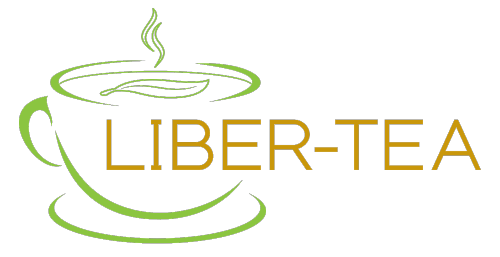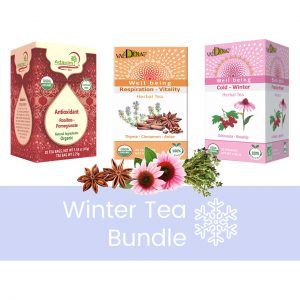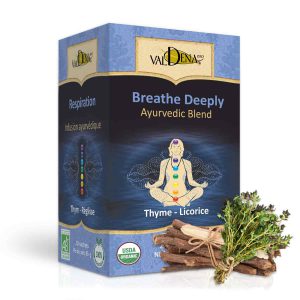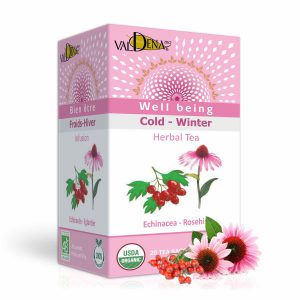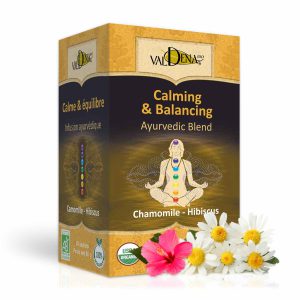Best Tea for Colds

The kind of cold you have and how severe your symptoms are will both have a role in determining which tea will be most effective in easing your symptoms. In addition to relieving common cold symptoms like a sore throat, cough, and congestion, drinking herbal teas is an excellent way to meet the daily recommendations for servings of fruits and veggies. If you want to use tea to treat or prevent the common cold, the tips in this article should help you find the best type of tea for treating cold symptoms.
The Best Teas to Soothe Your Cold Symptoms
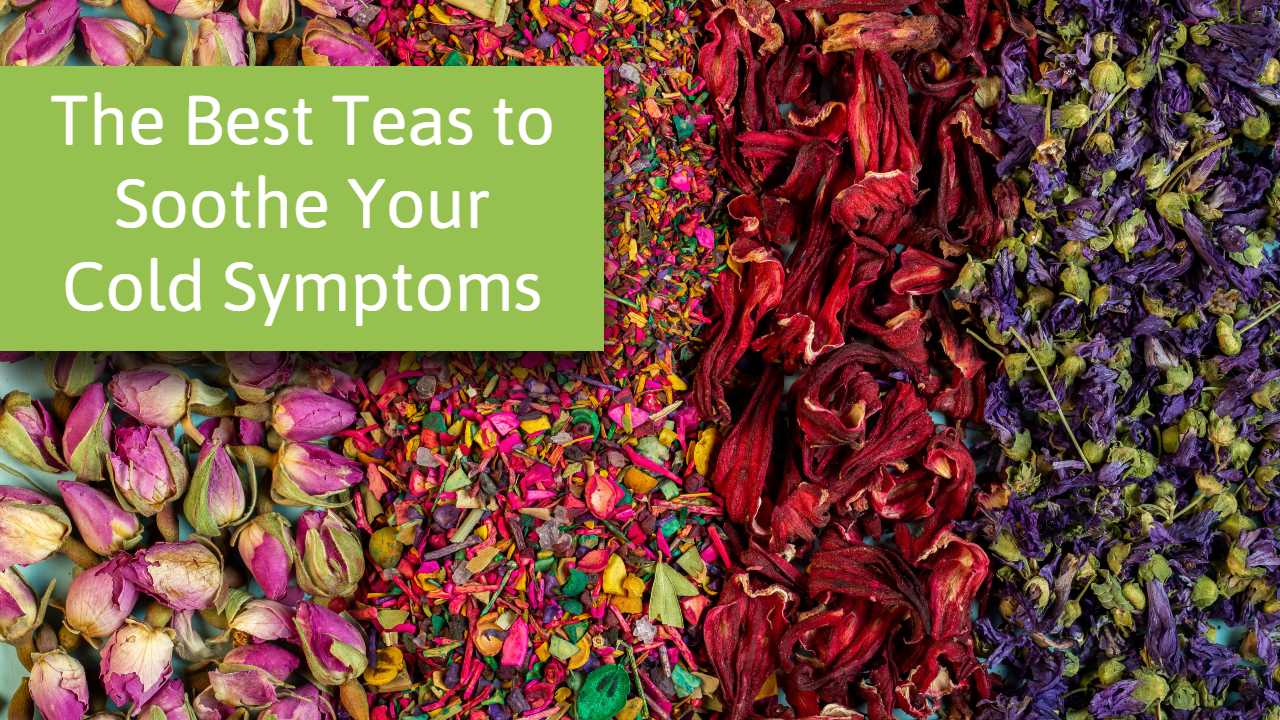
When you have a cold or the flu, drinking herbal tea can be a helpful way to ease some of the symptoms you are experiencing and feel better overall. You might even find that it makes you feel so much better that your cold doesn’t stick around for as long as it did before. The following are some of the most effective herbal teas for treating colds:
Which tea to drink when you’re under the weather?
When you’re under the weather, it’s important to drink tea that will help you feel better. There are many different types of tea that can be consumed when suffering from a cold or cough. The best tea for a cold and cough is rosemary tea, thyme tea, or peppermint herbal tea.
Drinking peppermint herbal tea is one of the best ways to soothe the symptoms of a cold or cough. This tea has antioxidants that help fight off bacteria, making it effective for shortening the duration of a cold. It also contains tannins, which may help reduce symptoms such as congestion, sore throat and aches.
Because of its calming qualities, humans have been drinking tea made from rosemary for years. This may sound archaic in light of the current popularity of echinacea, but it has been a go-to remedy for alleviating the symptoms of coughs and colds for a very long time. Due to the presence of echinacea in rosemary tea, it is the most effective tea for treating coughs and colds. An extract of natural herbs that was traditionally used by Native Americans for the treatment of colds In addition to making the immune system stronger, it is also used to treat inflammation, arthritis pain, and hay fever.
The Benefits of Tea for Cold and Cough

Consuming herbal tea can assist in the treatment of coughs and colds in two different ways. The caffeine in the tea can help invigorate you and make it easier to fight off exhaustion, and the antioxidants in the tea can help your body’s immune system strengthen its reaction to illness. Both of these benefits can help you enjoy your cup of tea even more. Drinking herbal tea every day is one of the best habits you can adopt if you want to stave off colds and flu as quickly as possible.
When you have a cough and cold, drinking tea may provide several benefits that might help you feel better. These benefits may include:
- Treating a scratchy or painful throat: If coughing has left your throat feeling raw or irritated, the warmth of a cup of tea may be able to provide some relief.
- Loosen up mucus: Mucus can be loosened or broken up with the assistance of warm liquids like tea. This may make it simpler to cough up any mucus that is present.
- Offer additional advantages to one’s health: There is a possibility that the natural components of tea each offer their own set of health benefits. Properties such as anti-inflammatory and antibacterial action could fall within this category.
Herbal teas are effective treatments for common cold and cough
The common cold, cough, congestion, bronchitis, asthma, sinusitis, and hay fever are some of the conditions that herbal teas are commonly used to treat. Because they are natural cures, they do not include any harsh chemicals or substances that could cause adverse effects, which is one of the primary reasons. Black tea leaves, which are also used to make green tea, peppermint leaves or flowers, ginger root, chamomile flowers, and lemongrass are some of the herbs that are utilized in the production of herbal teas.
Which herbal tea to Choose?
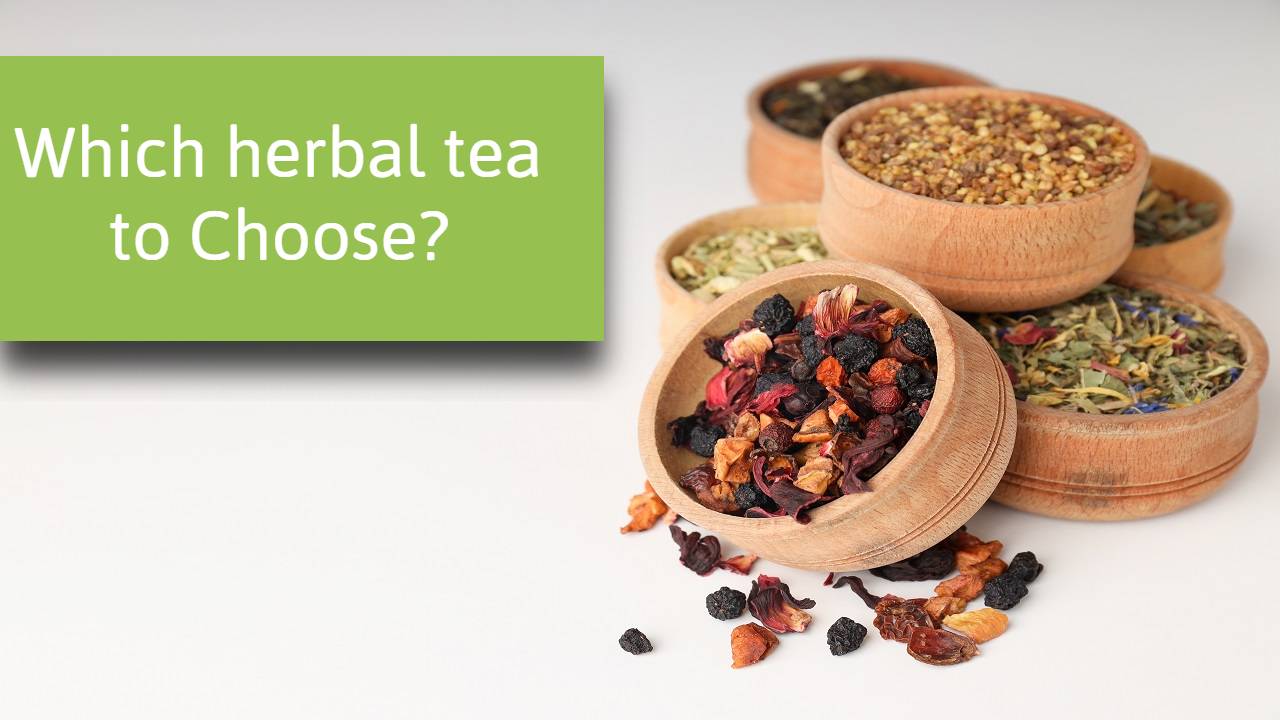
Thyme tea, Licorice tea, Blueberry tea, and Hibiscus tea are all known to offer benefits when it comes to treating a cold or cough. For example, thyme tea is known to be anti-inflammatory, which can help in reducing the pain associated with a cold. Licorice is also anti-inflammatory and can help with mucous reduction, which may be causing congestion. Blueberry tea is full of antioxidants which may help with immune system support. They are also full of vitamin C, which is an antioxidant that helps fight free radicals that cause oxidative stress. Hibiscus tea is a good choice because it has been shown to reduce inflammation, and its antibacterial properties may help prevent infections while relieving dry throat caused by coughing.
Health benefits of thyme tea
- Antioxidants: When compared to other types of edible herbs, thyme contains one of the highest quantities of antioxidants. Antioxidants do their part to fight off free radicals that are produced by the body. These free radicals have been linked to aging symptoms and even cancer in some cases. On the other hand, antioxidants can cancel out the effects of free radicals and reduce the amount of oxidation in the body.
- Weight loss: Some claim that drinking thyme tea can assist in weight loss, although there has been no research conducted on the topic. If you don’t add any sugar or sweetener to your thyme tea while you’re brewing it, each cup of it can contain roughly 5 calories. You will consume fewer calories overall if you drink this, rather than other beverages, such as juice or soda.
- Cough, Colds and Congestion: Drinking thyme tea for the treatment of congestion is probably the most prevalent reason for doing so. Those who drank tea made from ivy and thyme experienced a reduction in both the frequency and intensity of their coughing symptoms. It is believed that a cough cure consisting of thyme tea can lessen inflammation and relax the muscles in the throat. As a result, I make it a habit to ensure that I always have thyme on hand for relief from the flu and colds.
- Antiviral: The natural herb known as thyme has potent antiviral properties. It has been shown to work against the herpes virus, and because it can kill some viruses, it may offer some protection against colds and flu.
How do herbal teas work?
To a certain extent, all herbal teas can help relieve cold symptoms. Different herbs have different properties, so some work better than others. However, the type of tea will also dictate what effects it can have on someone. For example, there are calming teas to help with stress reduction. Orange tea is great for relief from sore throats or as a sleep aid. Lavender tea is great to calm anxiety and has anti-inflammatory properties if used regularly in your diet. Cardamom tea helps improve digestion and is often good for reducing high blood sugar levels.
Calming tea for stress reduction is proven to be an effective remedy for stress-induced tension headaches. Chamomile tea can also relieve muscle pain associated with sore muscles. Due to its gingerol content, ginger tea will also help in reducing stomach aches. Peppermint tea is good for treating upset stomachs as it stimulates digestion and calms the digestive tract.
How much herbal tea should you drink?

Drinking herbal tea at least twice a day will allow you to get the greatest benefits from it. Begin with one cup in the morning and then again in the evening. Before you have your first cup of tea in the morning, try starting with a glass of warm water with a slice of lemon. This will help flush your system. Drink as much as you can, since the more you drink, the better the results you will get. On the other hand, there is no “right” amount of herbal tea to consume; you should drink as much as you are capable of taking without feeling uneasy. While some people consume herbal tea daily, others only drink it when they are sick with a cough or cold. The standard recommendation is to consume as much as you want until you begin to feel better.
Helpful Hints on Using Teas for cold
Herbal tea is an all-around health drink that can be used to treat a variety of symptoms. If you’re feeling unwell, many different types of tea can help boost your immune system, soothe sore throats, and provide relief from congestion. These are just a few ways in which tea can help with colds and coughs. However, when it comes to using herbal teas as remedies for the common cold, it’s important to understand that not every herb has the same effects on the body. For example, while peppermint may be soothing and clear up congestion in some people, it may irritate or cause dry mouth or constipation in others. Similarly, catnip (a perennial herb) has been found by some research studies to increase mucus production, whereas ginger is known to suppress it. It’s always good to have a little variety in your home, but these are the most common go-to ingredients for treating colds and respiratory problems: blackberry leaves, ash trees, anise, sage leaves, thyme tea, and licorice root.
Herbal Tea For Cold, Flu and Cough
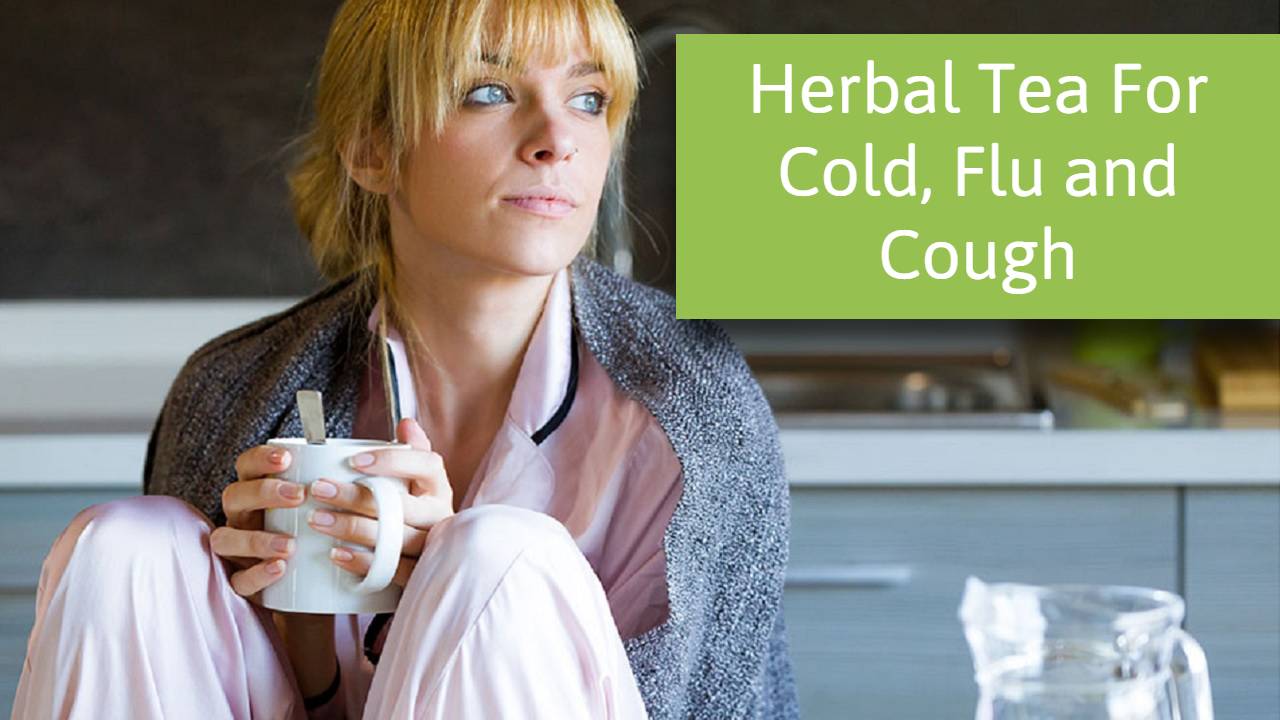
Here are some of the best herbs to use for colds, flu and cough relief.
- Ginger: Ginger is a well-liked option due to the widespread belief that it possesses calming effects that can assist in easing inflammation in the body and the throat. Since ancient times, people have turned to this herb when they need relief from nausea, vomiting, morning sickness, or motion sickness. Ginger is a great alternative to more common medicines like chamomile and peppermint because of its unique taste.
- Lemon balm: If your symptoms are mild, then lemon balm is a great herb to use. This herb can be made into tea. The lemon balm plant is a member of the mint family. The leaves can be used to make a strong-tasting herbal tea that has been traditionally used to help ease chest congestion. Lemon balm is also commonly used as a sleep aid or as an herbal remedy for headaches. In addition to these properties, lemon balm also has antibacterial properties that may help with any respiratory infections.
- Cinnamon: One of the best ways to soothe a sore throat is by sipping on some cinnamon herbal tea. The flavorful herb is well known for its ability to help fight bacteria that can cause a sore throat. One study found that people who drank cinnamon herbal tea three times a day were able to reduce the duration of their symptoms by nearly two days. Plus, it’s been shown to be an effective treatment for other common respiratory ailments like colds and flu.
- Peppermint: The way that peppermint tea can soothe a sore throat is backed by science. It’s not just something our grandmothers said to us to make us feel better. You can drink peppermint tea when you are feeling under the weather or before bed if you are suffering from insomnia caused by coughing. At the first sign of a sore throat or scratchy feeling in the throat, try peppermint herbal tea.
- Echinacea: It is considered a mild stimulant that can also be used to treat bacterial infections like strep throat. It’s said that the flavor of Echinacea tea has been described as being reminiscent of honey, apples, and thyme. Drinking this tea at least twice a day will not only help boost your immune system but may also shorten the duration of your illness.
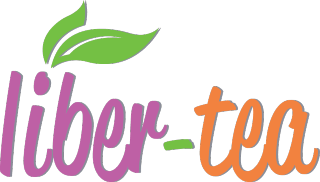
 Upset stomach
Upset stomach Body Health
Body Health Mental Health
Mental Health Night & Morning
Night & Morning